6 things you can do today to reduce HIV-related stigma and discrimination
The final part of a series to fill your kete with tools to be an informed ally when it comes to HIV stigma and discrimination.
If you’ve been following this series on HIV-related stigma and discrimination (if you haven’t, you can go back to the start and get caught up), you should hopefully have a good understanding of:
- What HIV-related stigma and discrimination are, and the differences between them (see Part 1)
- How we learn HIV-related stigma and discrimination through all levels of society, and how we also have the power to change the conversation (see Part 2)
- How to recognise HIV-related stigma and discrimination in your everyday life, including signs of internalised stigma in people living with HIV (see Part 3)
- The impacts of HIV-related stigma and discrimination on those affected (see Part 4)
Learning about HIV-related stigma and discrimination is all very well and good, but it’s no use unless we put it into action. Unfortunately, this is where a lot of people get stuck; for example, you might recognise HIV-related discrimination but not have the courage to speak up and feel terrible about it.
Speaking up is incredibly important (we cover this first) but there are also plenty of other ways that you can show your allyship to people living with HIV and to help reduce stigma and discrimination, in all levels of society. We have compiled a few great examples below for you to choose from.
Learning about HIV-related stigma and discrimination is all very well and good, but it’s no use unless we put it into action.
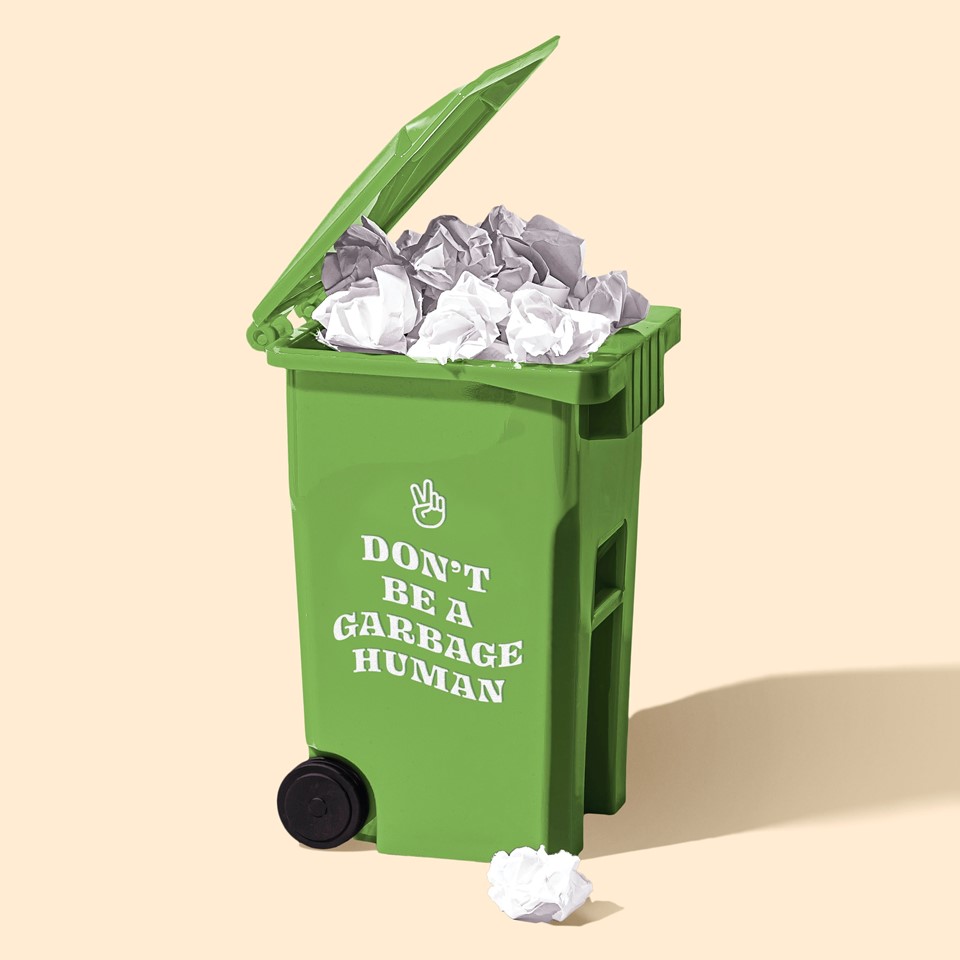

#1. Speak up when you see or hear HIV-related stigma or discrimination
Speaking up when you see or hear HIV-related stigma and discrimination is a critical and effective component of stigma reduction.
However, speaking up isn’t always easy, and it’s often hardest when we need to do it with the people closest to us. Plus, the guilt we feel about not speaking up can also send us into a shame spiral. And for those of us living with HIV who witness stigma and discrimination, the barriers to speaking up are even higher as it’s so personal.
When you see or hear HIV-related stigma or discrimination and you’re afraid to directly speak up, one really great strategy is just simply asking ‘why?’, or ‘what do you mean?’. If you question with curiosity and without obvious judgement, it forces the other person to explain their words or actions, which usually leads to reflection and (hopefully) a realisation of their own stigmatising behaviour.
In this way, you’re merely holding up a mirror, and the recognition this causes is often the first step to that person making positive behaviour change in their own life.
If you question with curiosity and without obvious judgement, it forces the other person to explain their words or actions.


#2. Educate yourself further on HIV and keep up to date with the kaupapa as it evolves
Knowledge really is power. If you don’t think you know a lot about HIV, there are plenty of resources to keep you up to speed! Here’re some great places to start:
Even if you think you’ve got a good level of understanding, there is always more to learn. Like with any aspect of science, HIV information is constantly evolving, so it’s still worthwhile to go through these resources, and keep checking back in from time to time,to ensure your knowledge remains up-to-date.
Even if you think you’re an expert, there is always more to learn.
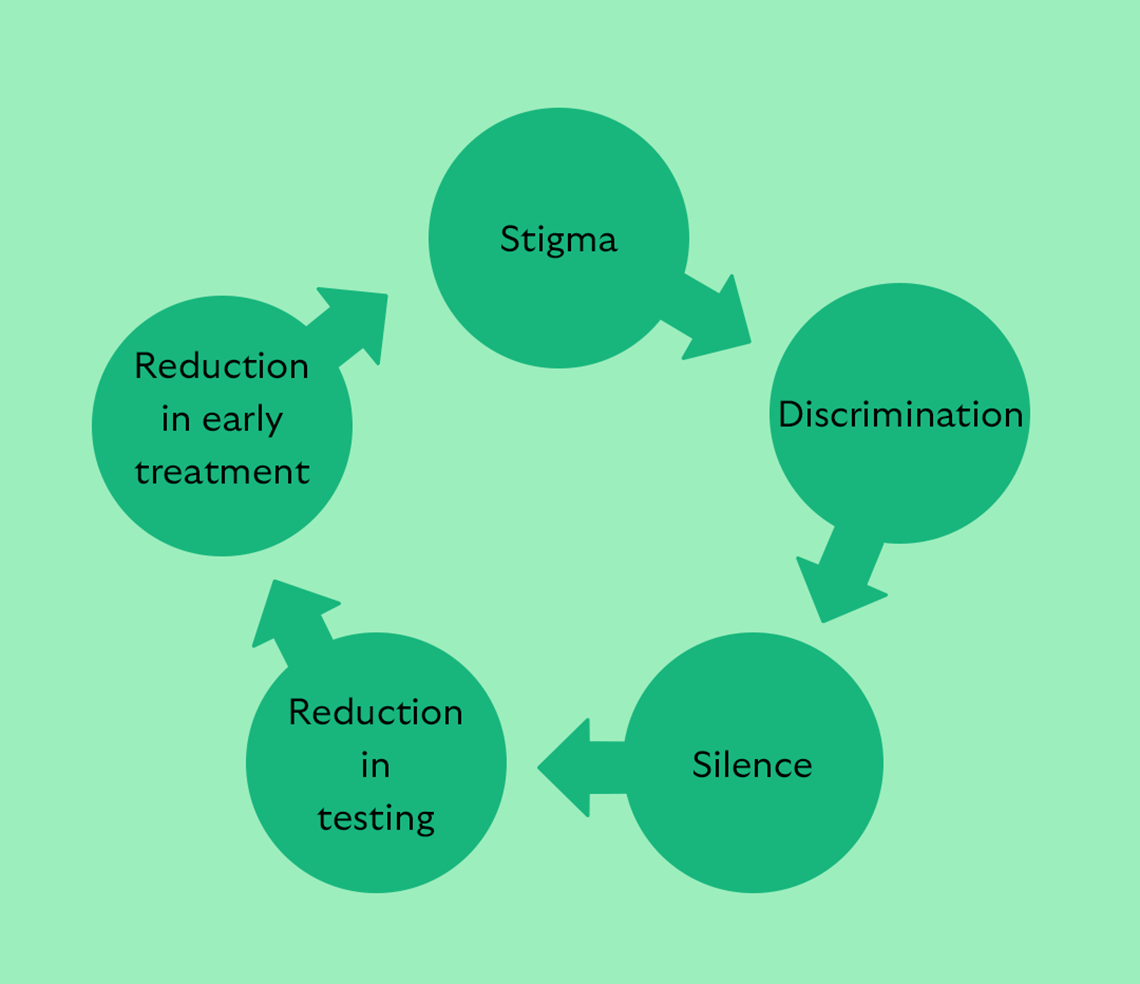
#3. Talk openly and positively about HIV
There is a cyclic relationship between stigma and health & wellbeing, and one of the stages of this cycle is silence.
This silence can be caused by shame, embarrassment, fear, guilt, and ignorance, but it always stems from discrimination, which itself stems from stigma.
One really powerful thing we can all do to reduce HIV-related stigma and discrimination is not give into the silence.
Resist it. Fight it. Don’t let it win. When silence wins, we all lose.
There’s lots of ways to talk openly and positively about HIV:
- If you’ve read some new information about HIV, tell your friends and whānau and share the love
- If you’ve seen a TV show or film where HIV has been featured (preferably in an uplifting way), recommend it and be explicit about the inclusion of HIV
- Be mindful of the way you refer to HIV in the context of sexual health – it’s often less about what you say, but how you say it.
- If you have a friend or whānau member who is open about their status, don’t be afraid to talk to them about it – just be sure they’re open to talking about it first!
When silence wins, we all lose.
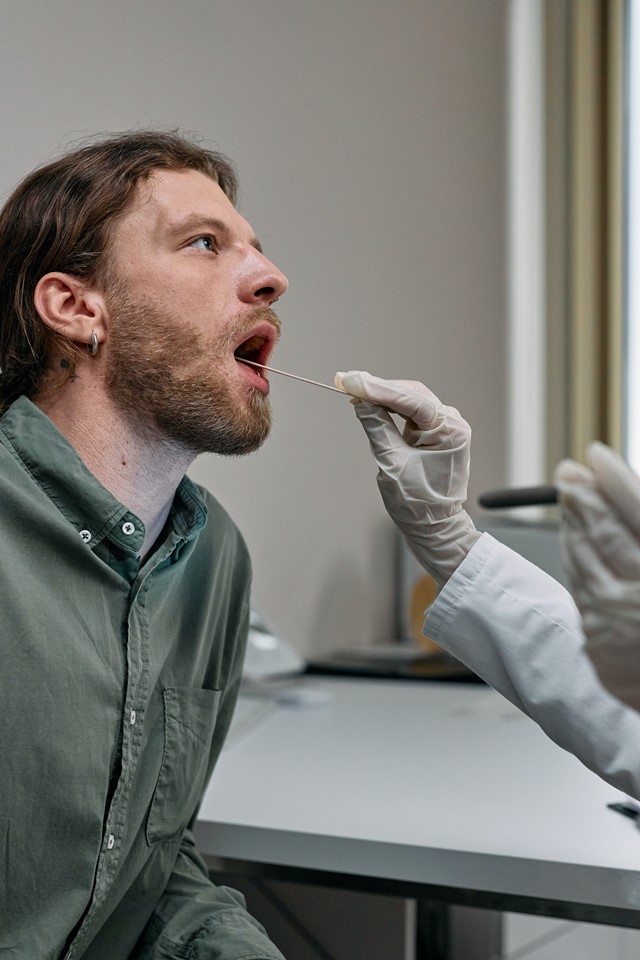
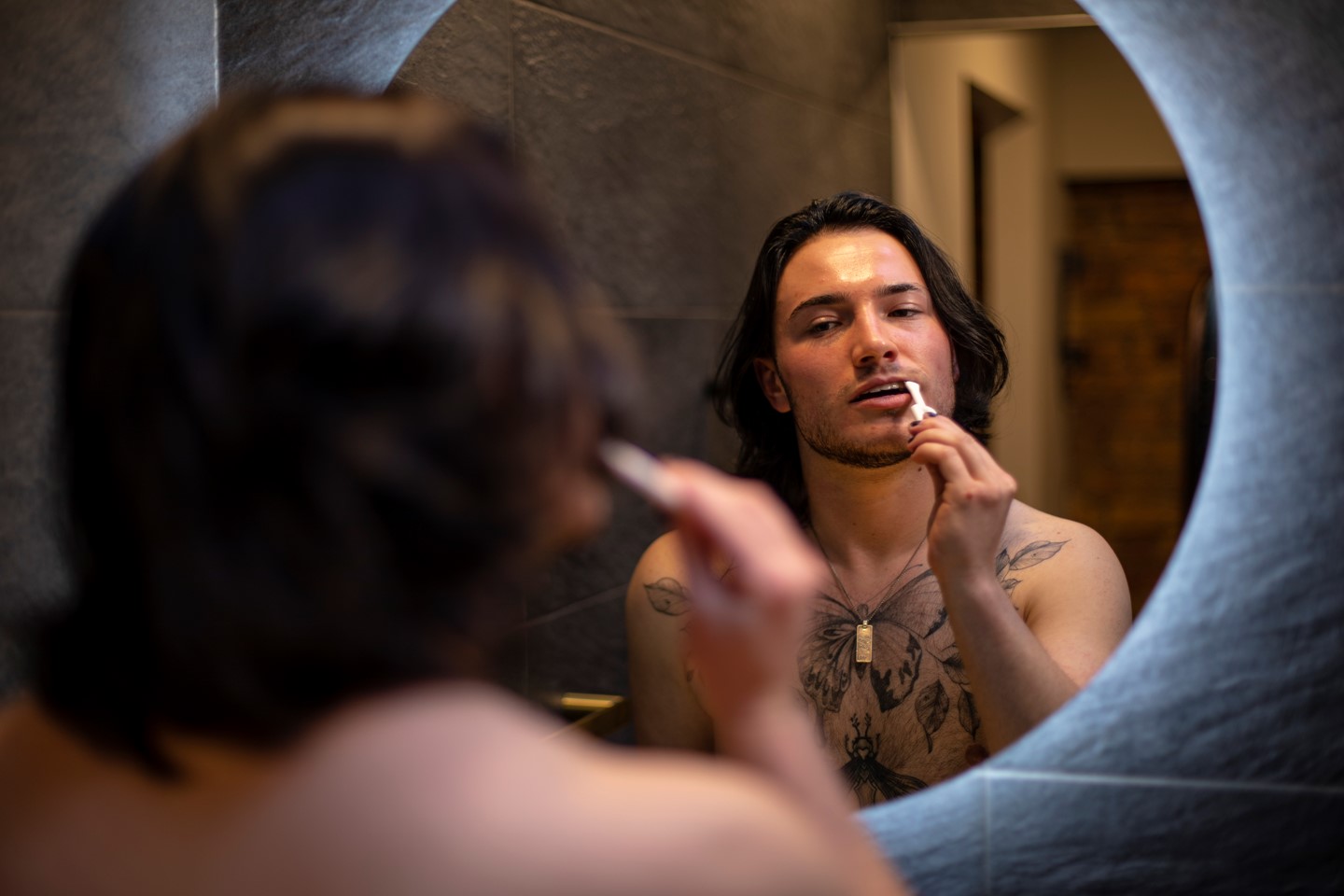
#4. Talk openly and positively about your experiences, specifically about getting tested
Getting tested is the only way that you will actually know your HIV status, therefore it’s the best protection against further HIV transmission.
Our communities have a history of being vigilant about our sexual health; this is one of the key reasons why, in 2021, we saw the lowest number of recorded local HIV transmissions in almost 20 years, and this should be celebrated!
Being open about your experiences getting tested not only reinforces sex-positivity, it also destigmatises HIV simply by bringing it out into the open. At the end of the day, if we don’t talk about it, stigma will only be perpetuated.
Getting tested is the only way that you will actually know your HIV status.

#5. Respond appropriately to disclosures
Disclosure of HIV status is a really significant and anxiety-inducing process for many people living with HIV. When you’re on the receiving end, the way that you respond can make all the difference.
If someone discloses to you that they are living with HIV:
- Acknowledge the trust placed on you: “Thank you for letting me know, that’s cool”
- Ask how you can support them, not help them
- Avoid treating them as a victim
- You could ask if they are on treatment and, if so, how that’s going for them
- Do not reject them at any point in the conversation
- Ask meaningful questions, for example: “How does living with HIV impact you?"
Responding in this way makes the experience much more positive and comfortable for everyone involved, but particularly the person living with HIV. It is critical to enable a safe and supporting environment for people living with HIV to come out.
Disclosure of HIV status is a really significant and anxiety-inducing process for many people living with HIV.

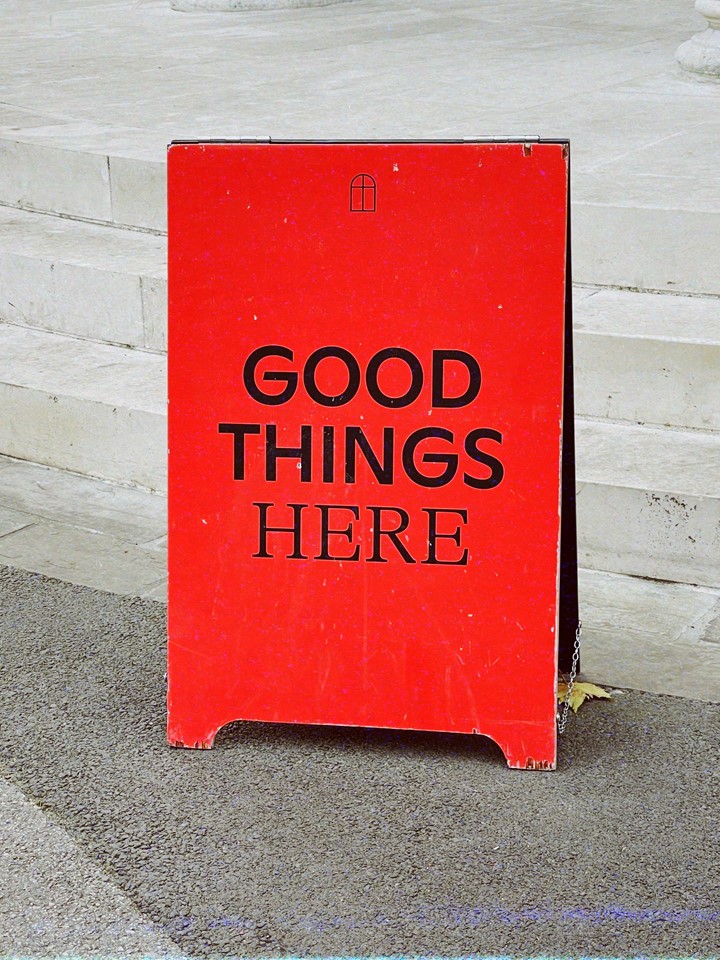
#6. Invest in HIV-related causes
This option may not be for everyone, but if you have some disposable income to spare, consider donating to a worthy cause that provides services, care and support for people living with HIV:
- You could donate money to a relevant charity such as us, Positive Women, Body Positive, Toitu Te Ao, and Positive Speaker’s Bureau.
- If money is an issue, you could donate your time by volunteering; for example, at condom packing, or at events organised by the HIV organiaations listed above.)
How to support our mahi
There are several ways to help!
Donate Volunteer Partner with Us Fundraise Leave a Gift in Your Will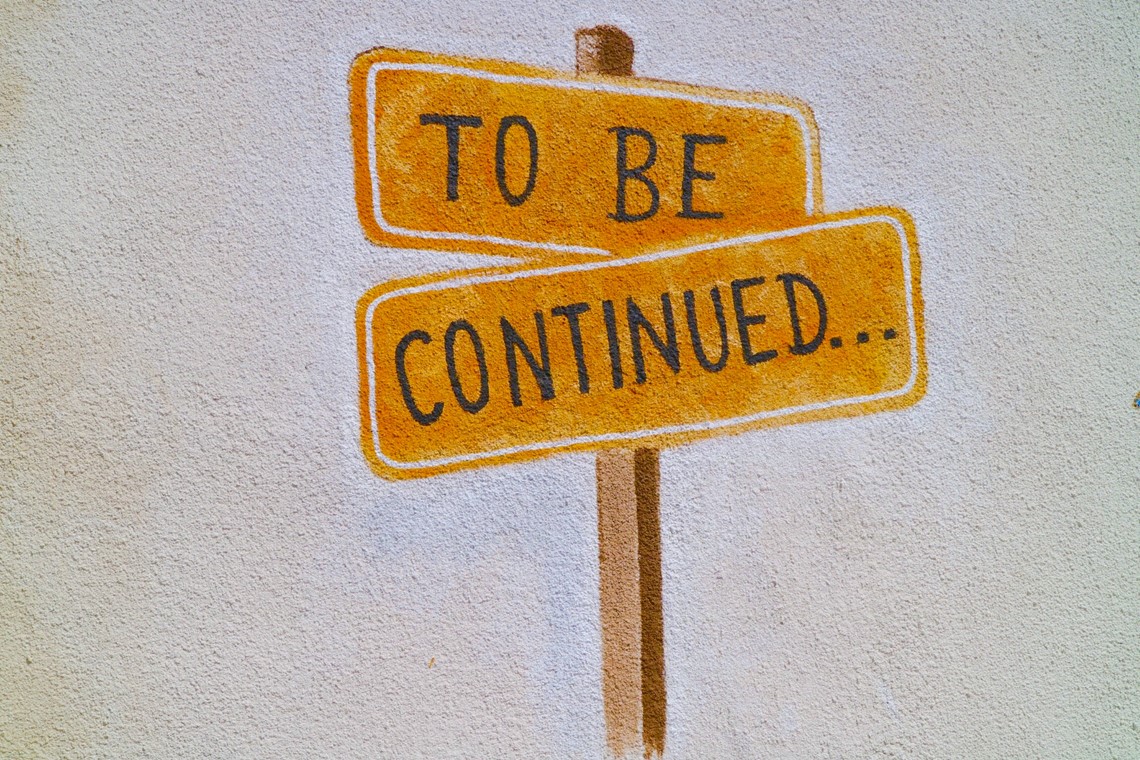
To sum up
We’ve come to the end of this five-part series on HIV-related stigma and discrimination. I hope you’ve learnt something (or several things)! If we could sum it all up, here are the key things we hope we have gotten across:
- HIV-related stigma and discrimination are two different things. Stigma is how people think and feel, and discrimination is how people act. Stigma is also a direct cause of discrimination
- Stigma can also be felt internally, in those living with HIV
- Stigma and discrimination can be seen at every level of society; it can have a great impact on us, but we in turn can have a great impact on societal perceptions of HIV, and those who are living with it
- Stigma and discrimination can look and sound like lots of different things, and are often quite subtle, which makes them hard to address. However,the effects of these are still very harmful for people living with HIV
- Stigma and discrimination have a cyclic effect on the health and wellbeing of people living with HIV. The impacts are tangible and serious
- This is an ongoing journey – no one is perfect, but the important thing is that we are all taking steps in the right direction
- Luckily, there are lots of things that we can all do today to make a real difference


